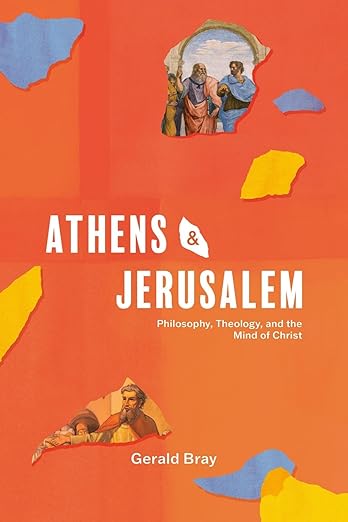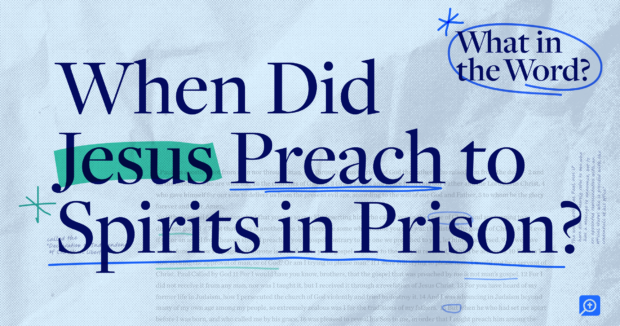Gerald Bray’s Athens andJerusalem-Part One 2025-04-03T12:26:18-04:00 Ben Witherington
Sometimes a book comes along, and this one just showed up last month, that is so comprehensive and profound that it can be called an instant classic. Gerald Bray’s new book is just such a book. Long ago I took a course in the Intellectual History of the West at Carolina which covered much the same ground as this book, but without a Christian perspective on the development of philosophy and theology. It is perfectly clear that Bray has read widely and knows the fields of philosophy and theology better than most scholars,and has had time to reflect on the interaction of these two disciplines,. In 342 packed but clearly written pages we are taken on a journey from Plato to Plantinga, from Tertullian to Thomas Aquinas, from Hegel to Heidegger, from Ockham to Newman, and so much more. Bray is able to analyze the various developments in philosophy and in theology and how they interact and critique each other at length. This book is a tour de force, and honestly I don’t know how many scholars could have written it with insight, but Bray is clearly polymath. If you want to survey the history and development of philosophy and theology and their interaction over the course of human history, this is the book for you.
In the posts that follow, I’ll share some highlights and offer some critique. For one thing I would have liked more said about philosophy in North America where it is analytical and involves the analysis of language and logic, as opposed to the European approach which is both more traditional and more broad. But you can’t have everything in one book. I intend to use this book in my Fall doctoral seminar. It will definitely tease your mind into active thought. So…. sell the dog and buy this book 🙂 (just kidding). In the meantime, I leave you with a quote from Hamlet, which nicely sums up the limits of philosophy—
“There are more things in Heaven and Earth, Horatio, than are dreamt of in your philosophy.”
BW3











 English (US) ·
English (US) ·